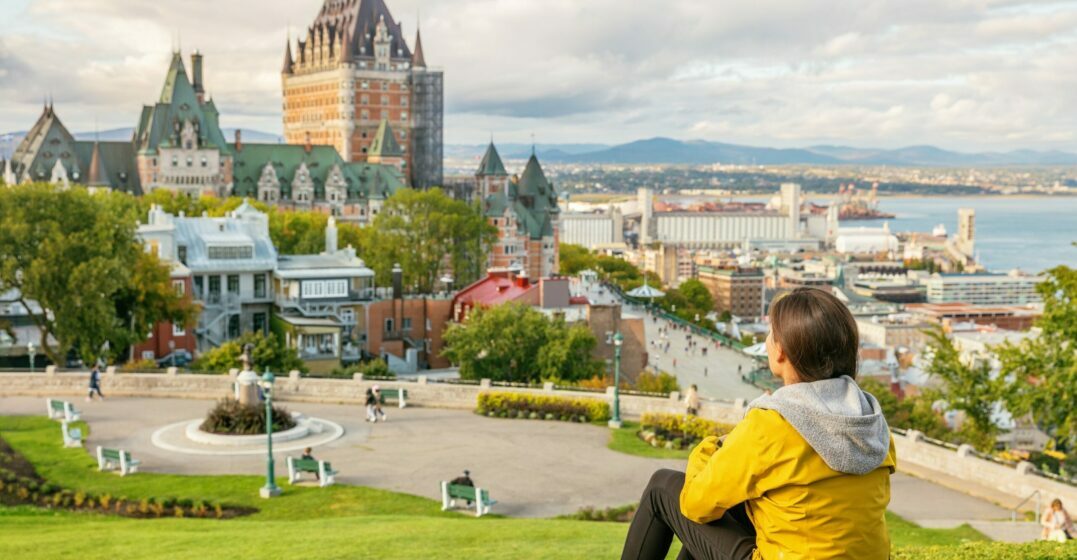How to learn French in Quebec
Published on May 12, 2022 / Updated on January 8, 2024
There’s no better way to learn French than immersing yourself in a French-speaking community. France is a good option, but if you’re looking for somewhere closer to North America, the French-speaking province of Quebec is a perfect alternative. You will have no shortage of people to speak French within Montreal or Quebec City, and outside of the big cities, you will find you have to speak French to be understood! Here’s how to learn French in Quebec:
Montreal is a vibrant city, full of musicians, artists, video game studios, great restaurants and more. People often describe it as a piece of Europe in North America. It’s a great choice for learning French, as there are many options for courses in the city. There is also a large Anglophone population, so if you want a break, you’ll be able to find some English speakers easily. It’s worth considering Quebec City, with its beautiful old town or Hull, the French sister city to the Canadian capital, Ottawa. Trois-Rivières is right between Montreal and Quebec City on the St. Lawrence river, and makes it easy to visit either city for a weekend away.
There are a few different options for learning French in Quebec:
If you’ve moved to Quebec and your French isn’t quite up to speed, you can register for French-language classes paid for by the provincial government under certain circumstances.
These programs offer full or part-time courses as well as activities, and a place to live. Depending on the program, this may be in university residences or with a host family. Staying with a host family is an excellent option, as you will be speaking French all the time and learning about the local culture by living it! Some organizations that offer French language courses with accommodation include Edu-inter, École Québec Monde and BLI. The most varied full-time French courses are offered in the summer in Quebec, when the universities are on a break.
If you prefer to have more freedom to choose your accommodations and a more flexible schedule, you may want to investigate programs through local language schools like Alliance Française (location is in Ottawa, across the river from Hull), the École internationale français at the Université du Québec à Trois Rivières and the schools listed above which also have part-time programs that you can take without their accommodation options.
Working on your French intensively online with a language school like Lingoda gives you the most flexibility for exploring Quebec outside of class time. Combining online language classes while being in a French-speaking community means you can progress quickly with lots of practical conversational experience.
People in Quebec are pretty friendly and willing to help you with your French, particularly in Montreal and Quebec City. Try joining some local amateur sports groups, take some classes at the local community center or just be open to conversation at your local dépanneur (convenience store).
Outside Montreal and Quebec City, you will find that a lot of people don’t speak much English, or any English at all. This is great practice for your French skills! Take time to go skiing on Bromont outside of Montreal, wrap up warm and tour the Fête des neiges in Montreal, taste fresh maple syrup on snow at a cabane à sucre in early spring or tour the officially designated Most Beautiful Villages in Quebec.
It depends on what kind of French-learning experience you’re looking for, but you can’t go wrong in Montreal or Quebec City. Whether you’re looking for a fully planned-out immersive stay with accommodation or a more DIY approach with lots of free time to explore the province, there is a solution for you. Have you been to Canada before? There are a few things you should know before you arrive in Canada.
